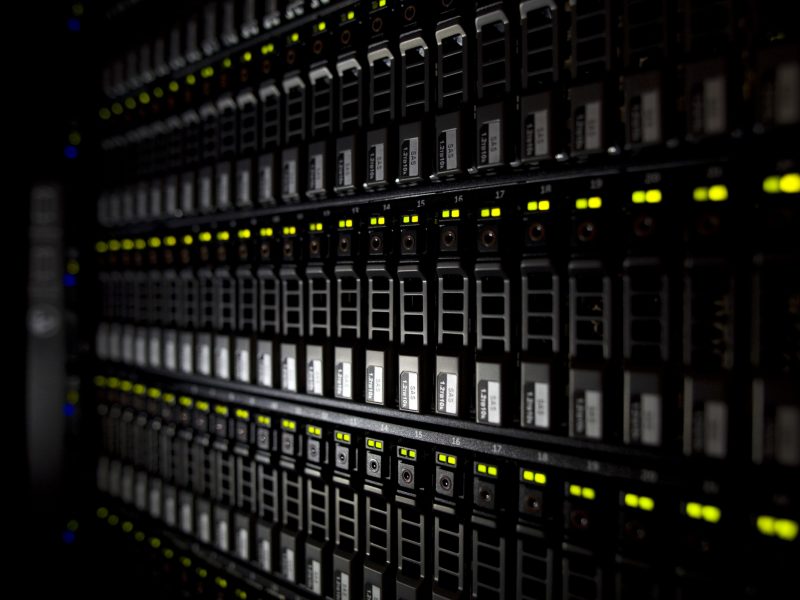Can software be patented?
Some software can be patented, but it must meet specific criteria under US patent law. In many cases, copyright protection might be a better solution than patent protection for commercialization.
How does NAU commercialize software?
NAU supports software developers who choose to make their software open source at no cost to others. For patent-eligible software, choosing the open source option will limit the commercial potential and will not be considered for patent protection.
We suggest that if you decide to make your software open source, that you limit others from using the software for commercial purposes without permission and require users to acknowledge attribution.
How do copyrights work?
Copyright protection under US law covers “original works of authorship including literary, dramatic, musical, and artistic works, such as poetry, novels, movies, songs, computer software, and architecture.”
Copyright does not protect facts, ideas, systems, or methods of operation, although it may protect the way these things are expressed” (U.S. Copyright Office). Authors of original works are granted the exclusive right to certain acts, including reproduction, derivative works, among others.
Copyrights are automatically secured when the original work is created into a tangible medium but also includes both published and unpublished works.
